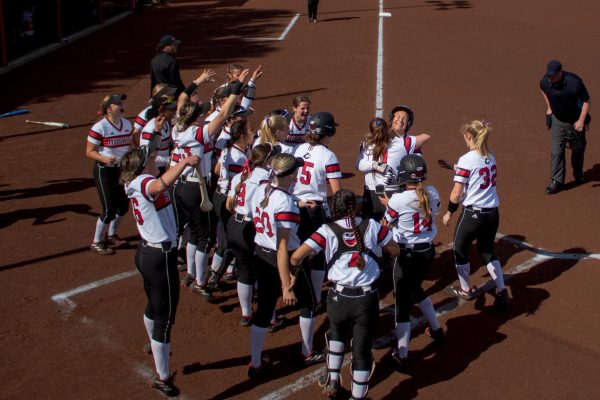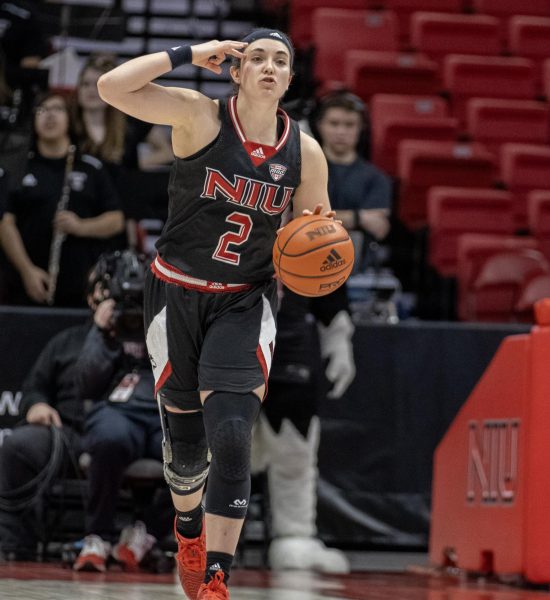‘North Country’ presents empowering message
October 4, 2018
The 2005 film “North Country” delivers strong performances and a relevant narrative in light of the #Me Too and #Time’s Up movements. The film was screened 7 p.m. Tuesday at the Egyptian Theatre, 135 N. Second St., as part of the ongoing Richard Jenkins Film Series.
The film is based on the true story of Lois Jenson, who fought against sexual harassment at her job in Minnesota. Her fictitious counterpart Josey Aimes, played by Charlize Theron, decides to sue the mining company she works at in the early 1990s over the sexual harassment she and fellow women face in the workplace.
Theron steals the show with a performance better than her portrayal of Aileen Wuornos in 2003’s “Monster.” Aimes has seen hardships no woman should ever have to go through, including rape and molestation. While most would break down and give up, she does not, and it makes her one of the strongest film heroines of the past few decades.
In 2005, Theron earned an Oscar nomination for Best Actress for the role and gave a performance that quite frankly should have won over Reese Witherspoon’s performance in the 2005 Johnny Cash biopic “Walk the Line.”
Frances McDormand was also nominated for her performance as Glory Dodge, the first woman to work in the mine. She fights for the rights of the women, such as having portable toilets near the drill sites. Eventually, we find Glory is suffering from ALS, and seeing her become paralyzed and use a voice box to speak is heartbreaking to watch.
Richard Jenkins plays Josey’s father, Hank, and is one of the most complex characters in the film. He starts out ashamed of his daughter because of her teenage pregnancy and living with an abusive husband. He also thinks women have no place in the mines. However, as the film progresses, his attitude changes and his relationship with his daughter grows stronger.
In one of the film’s best scenes, Josey is delivering a speech, and her coworkers begin insulting her. Eventually, it becomes too much, and Hank takes to the stage, publicly condemning their actions and saying he’s ashamed to be a part of the company. Seeing his evolution is one of the best aspects of the movie.
What truly makes the film relevant is the message behind its story. With the recent events surrounding Bill Cosby and Harvey Weinstein, the depiction of sexual assault and intimidation is realistic and harsh, which makes Josey more identifiable.
The lawsuit that followed in the film was the first class-action sexual harassment case, and it’s because of these women that movements like #Me Too exist. Thanks to Jenson and her bravery, not only have women made advances in the fight against sexual assault, but also for the equal rights of women in the workplace.













